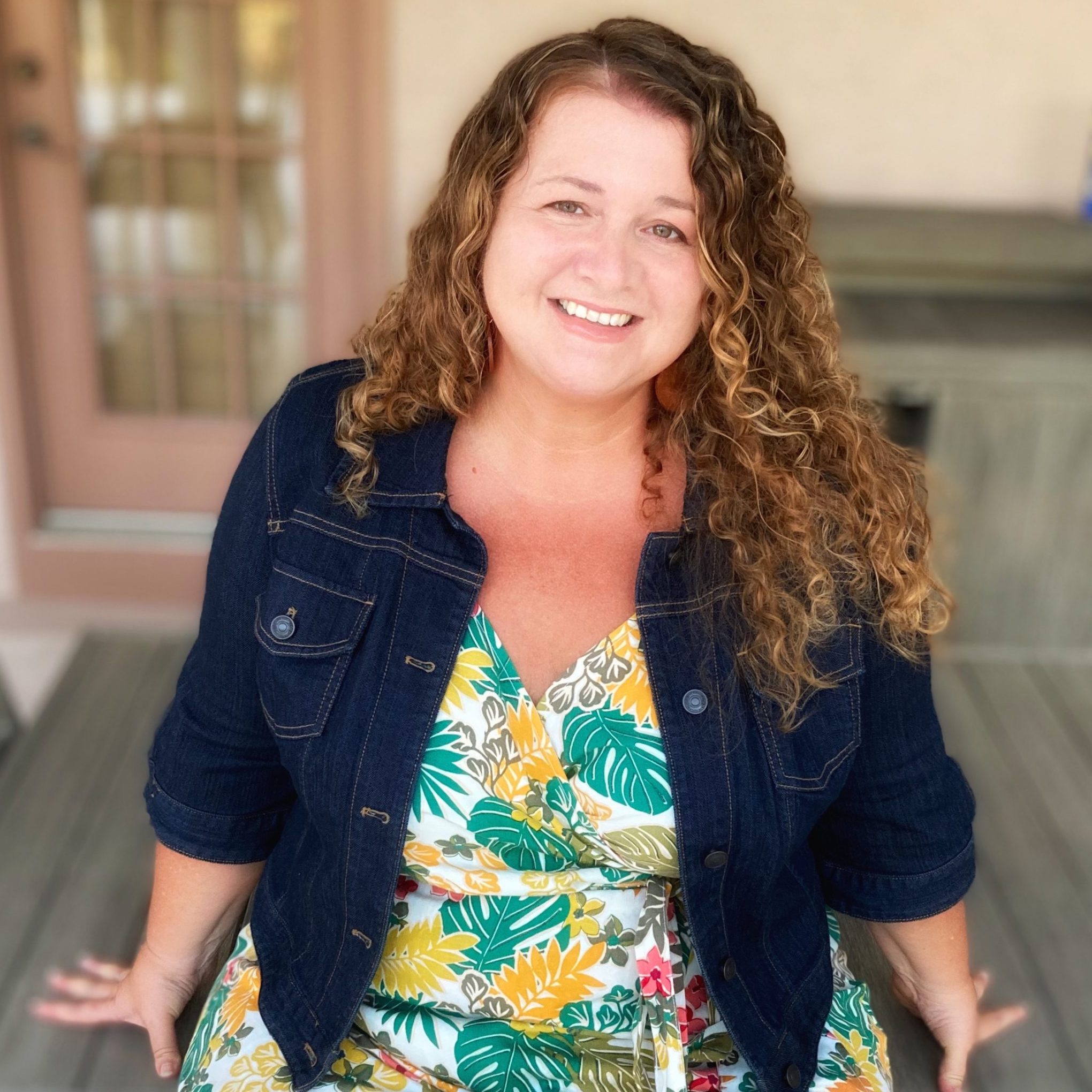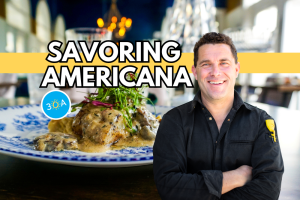


It’s another day in paradise on 30A and Shunk Gulley Oyster Bar is on the agenda. A seat on the upper deck guarantees a full view of the Gulf Coast’s emerald waters and sugar sand as the blazing sun makes its daily descent.
Grab a Shunk Juice cocktail, a mix of Myers rum, Blue Chair Bay Banana, pineapple, and orange juice, a Cruzan 137 floater with a splash of grenadine, and raise your glass.
There’s more than an unforgettable view and tasty cocktails at Shunk Gulley Oyster Bar. They have the ultimate spot to watch sports on 30A since they enclosed the North Deck space, added 12 TVs, and an additional expansive bar to serve guests. The Saturday Shrimp Boils are legendary. The live music schedule features favorite local musicians.
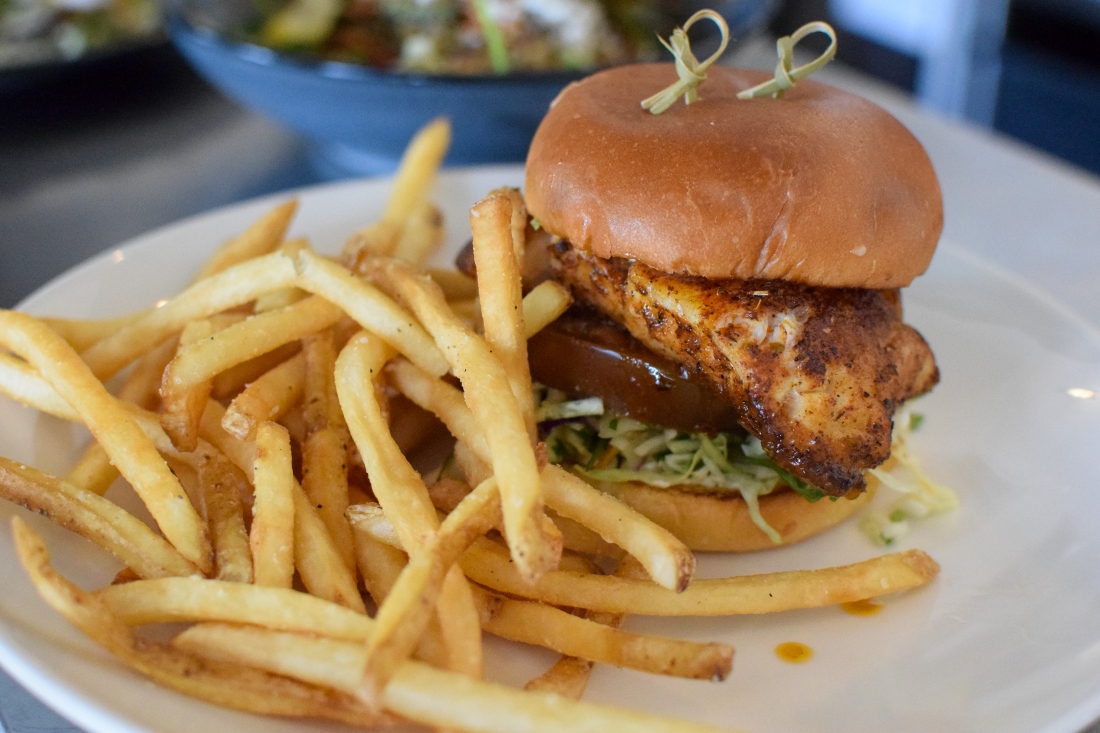
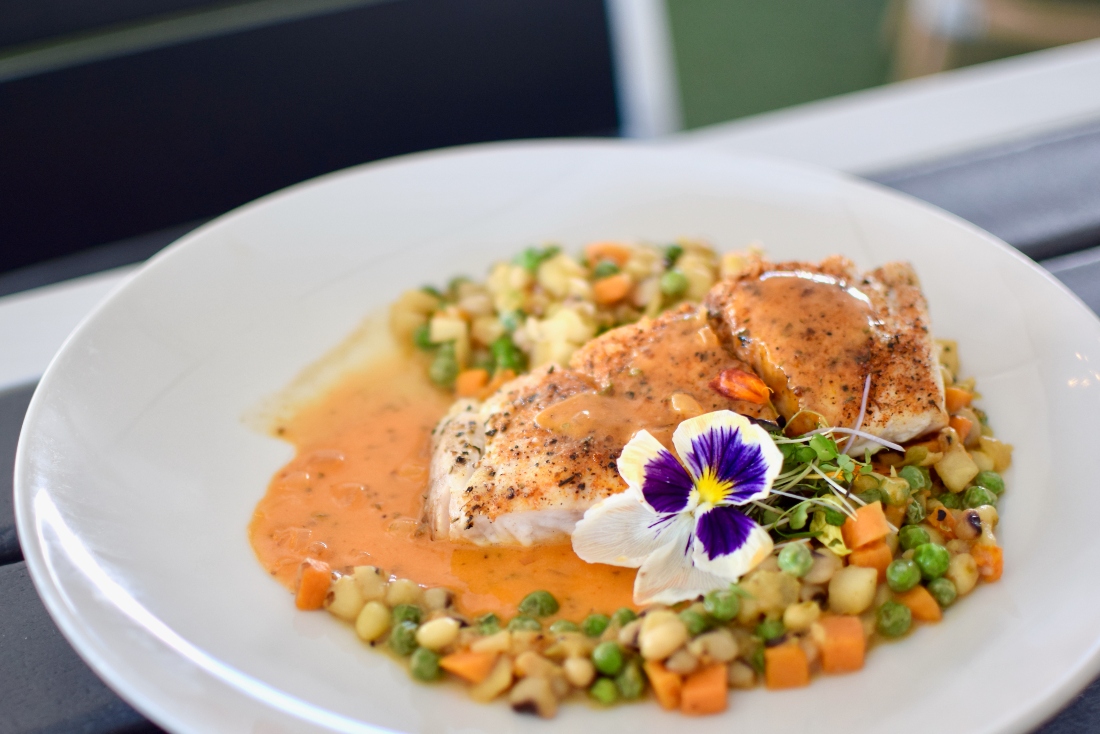
And then there’s the food.
There’s seafood so fresh you can taste the ocean—the Summer Grouper with its succotash chocked full of field peas, squash, zucchini, onions, and shishito peppers topped with a Meyer lemon butter sauce tells the food story of this area with all its nods to local ingredients. There are salads laden with local produce. There is tuna dip and tuna poke. The Shunk Burger is a can’t-miss blend of short rib, brisket, and chuck beef topped with tomato jam, sharp Vermont cheddar, smoky applewood bacon, and caramelized onions. Key lime pie makes a sweet and tangy finish.
But if you really want a signature bite, order the oysters. They’re good, real good. They’re getting 50-75 cases of the briny bivalves every other day. And now Shunk Gulley has Apalachicola oysters on the menu, the ultimate taste of the Gulf Coast so long absent from local menus.
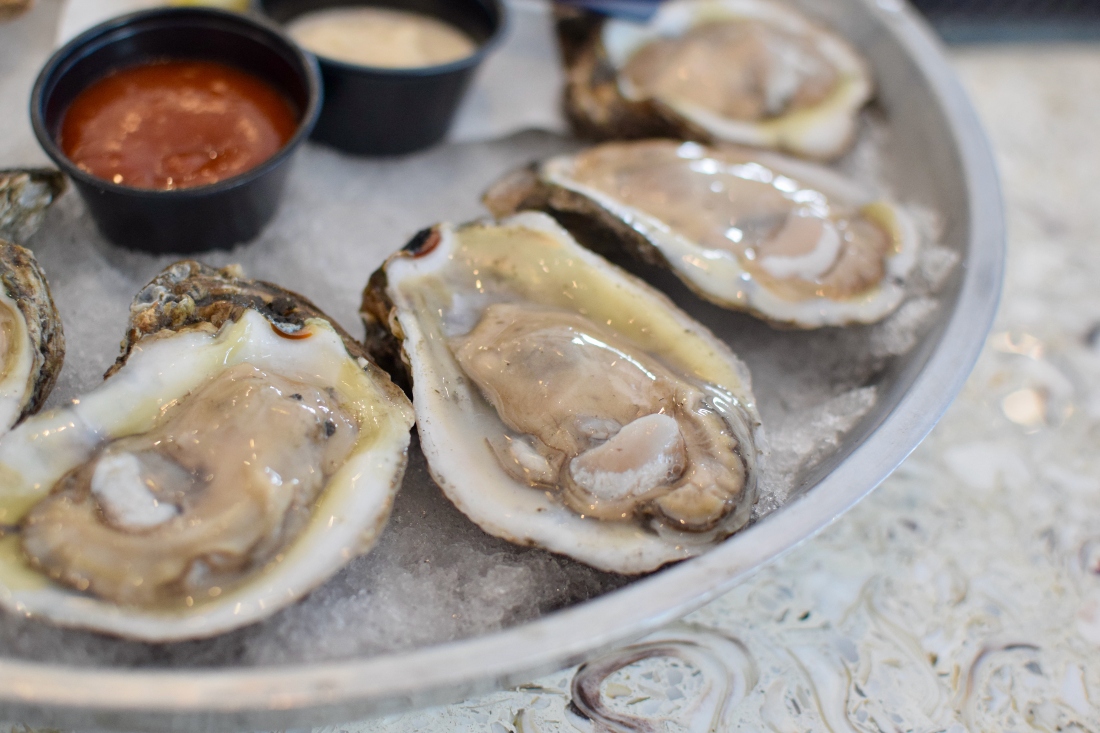
George Barnes, Director of Business Development, believes in sourcing the best local ingredients, especially oysters. “Apalachicola is world-renowned, and it’s in our backyard. Everybody knows them as so good and consistent, but nobody has seen those oysters for so long. We’re excited to get whatever we can from Rattlesnake Cove Oyster Company off St. George Island. They’re farm-raised so a little more expensive, but they bring that taste of the past,” said Barnes.
And the 2-inch cup is full of creamy, briny meat that they serve raw with a lemon and a dish of cocktail sauce. Nothing fancy, just fresh and unadulterated.
“At Shunk Gulley, we’re looking for the best product available. Waterstreet Seafood always gets us those high-quality oysters from Louisiana, Mississippi, Alabama, and Florida,” said Barnes. “We still have those oysters and they’re great for grilling (topped with jalapeno and cheddar, please), but now we have a limited supply of oysters grown right in historic Apalachicola waters as well. Shunk Gulley is an oyster bar. We don’t want anything less than the best oyster in-house at any time. The Rattlesnake Cove oysters add one more variety to the menu.”
It was serendipity that brought Barnes to Rattlesnake Cove. The oyster company is owned by Steve Rash who coincidentally also owns Waterstreet Seafood. Rash put his first crop of spat (oyster seed) in the water in 2022, and this year after a lot of tender-loving-care, they had their first harvest. Now they are available to customers like Barnes on a limited basis.
“Rattlesnake Cove on St. George Island is a fantastic place for oysters. It’s protected, has [pristine] water quality, and great water flow. The oysters grow really well. The salinity, the pH, and the different minerals in the water produce a fantastic oyster. And growing on the water’s surface gives them a much cleaner taste,” explained Rash.
Though they have a limited supply now, Rash hopes next year it will be a different story as they scale up the farm.
Once upon a time 90% of oysters eaten in Florida and 10% nationally came from Apalachicola. After a decades-long water war with Georgia, the BP Oil Spill, global sea level rise, ever-expanding industrial development, hurricanes, and overharvesting, the wild oyster population fell to crisis levels.
The celebrated Apalachicola oyster depends on a delicate balance of freshwater from the Apalachicola River and saltwater from St. George and St. Vincent Sounds to flourish. In 2020 Florida Fisheries regulators stepped in and closed the wild beds to harvesting for up to five years in the hopes they will replenish. But, the loss to Georgia in the Supreme Court in April 2021 bodes poorly for the future of wild-harvested Apalachicola oysters.
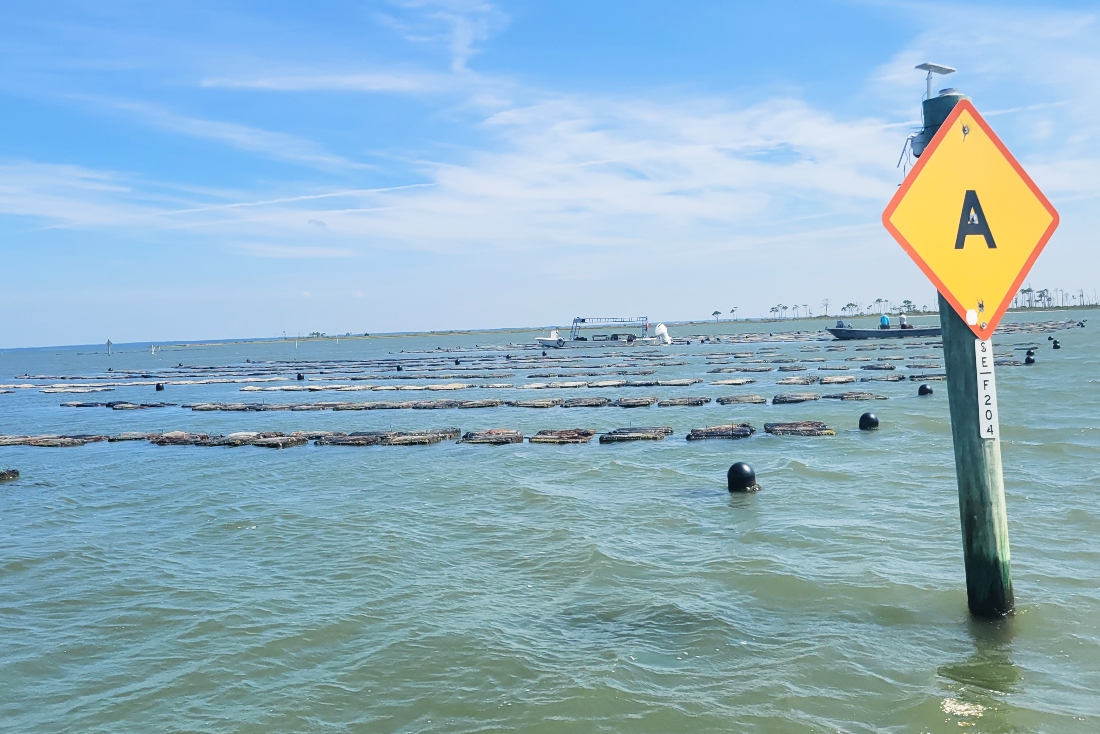
In the meantime, farms like Rattlesnake Cove have picked up the baton. The farmed oysters are performing the work once done by the wild bivalves. Those little oysters are doing the mighty work of filtering local waters of red tide and toxins without taking anything away from the natural environment. The abundant blue crabs and fish found in Apalachicola and surrounding waters testify to the power of this keystone species to rebuild the marine ecosystem.
Supporting the labor of local oyster farmers is not the only way Shunk Gulley is making a difference in our marine environments.
Shunk Gulley’s participation in the oyster shell recycling program and artificial reef-building with Choctawhatchee Basin Alliance (CBA) is well known. But they also contribute to the SHOALS (Students Helping Oysters and Living Shorelines) program in local high schools.
Alison McDowell, CBA Executive Director, elaborated, “We use live oysters from our restaurant partners like Shunk Gulley as part of an oyster dissection lesson that teaches high school students about oyster biology. Our professional development model will teach educators in high school how to implement lessons about seagrass and oyster habitat restoration in their local environment. The initiative provides students with several hands-on activities and lessons that foster their understanding of living shoreline ecology and the Choctawhatchee Bay habitat.”
Through SHOALS, students participate in field experiences and in-class assignments. Students assist with reef construction and plant seagrass to provide critical habitats in Choctawhatchee Bay. The CBA also salvages seagrass from construction sites that will be grown in South Walton Center and Freeport High School seagrass rescue tanks to restore seagrass meadows.
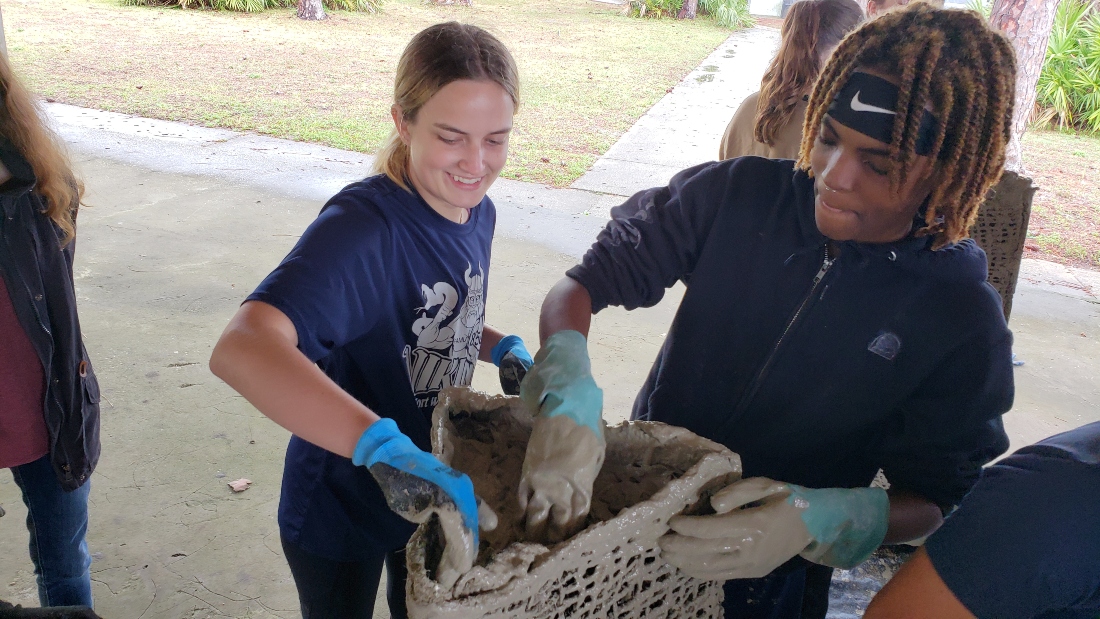
Students at Choctawhatchee Basin Alliance (CBA) helping create reef modules filled with recycled shells for oyster habitat
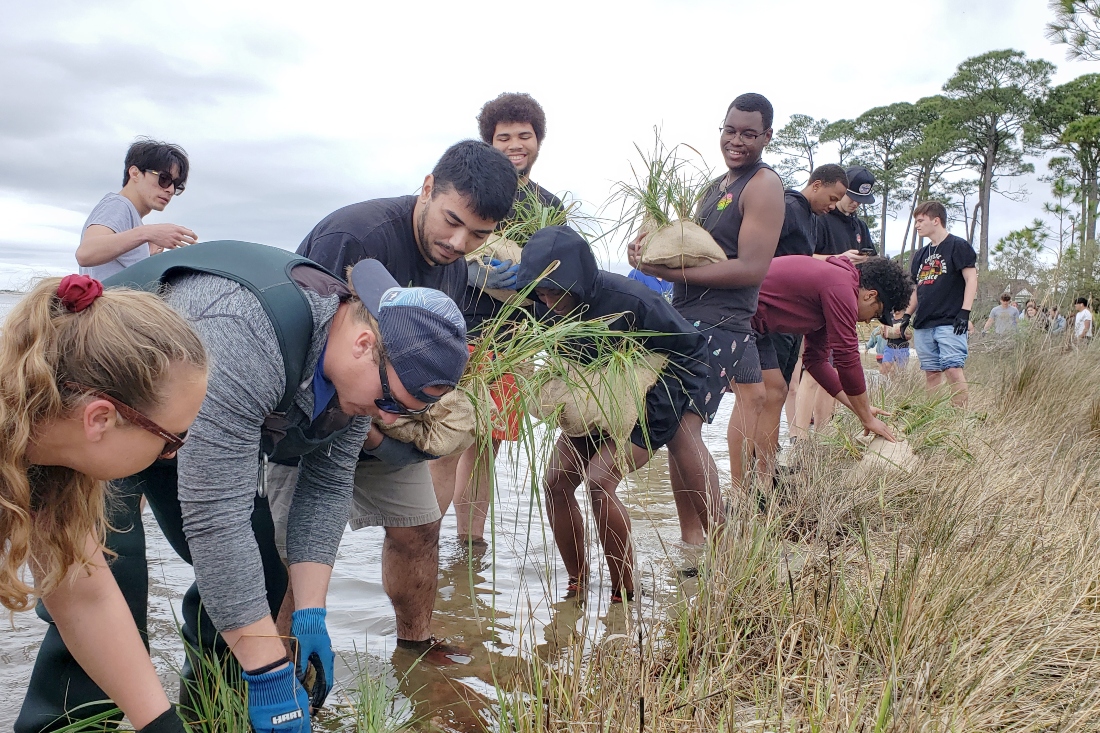
Students helping with shoreline grasses
Another leg of community support Shunk Gulley (via 30A Coastal Dune Wine Company) helps out with is CBA’s Grasses in Classes initiative. It’s a hands-on environmental education program geared towards 3rd and 5th-grade students. Okaloosa and Walton County teachers are provided with the equipment and materials required to grow shoreline grasses at their schools. The students tend the salt marsh nurseries throughout the school year, supported by monthly education on local estuarine topics from CBA.
McDowell added, “At the end of the school year, Grasses in Classes culminates with students planting their shoreline grasses at a chosen salt marsh restoration site along Choctawhatchee Bay as part of our living shoreline initiative. The program instills a love of local habitat, restores shoreline, and inspires the next generation of watershed stewards.”
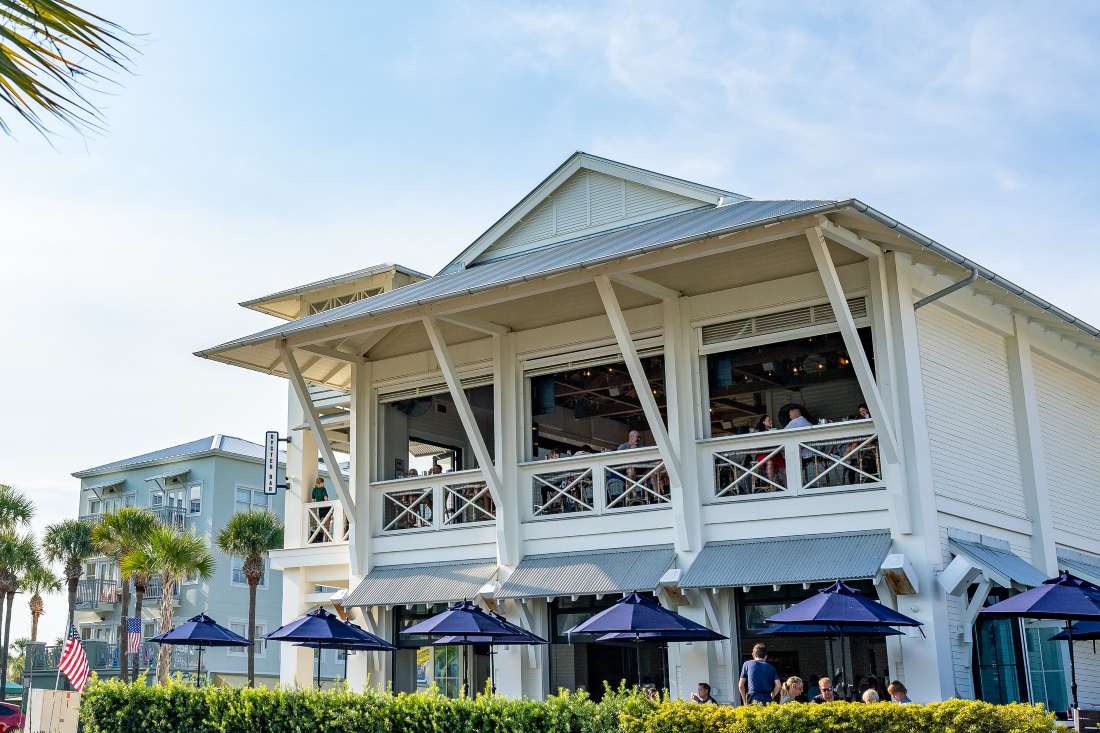
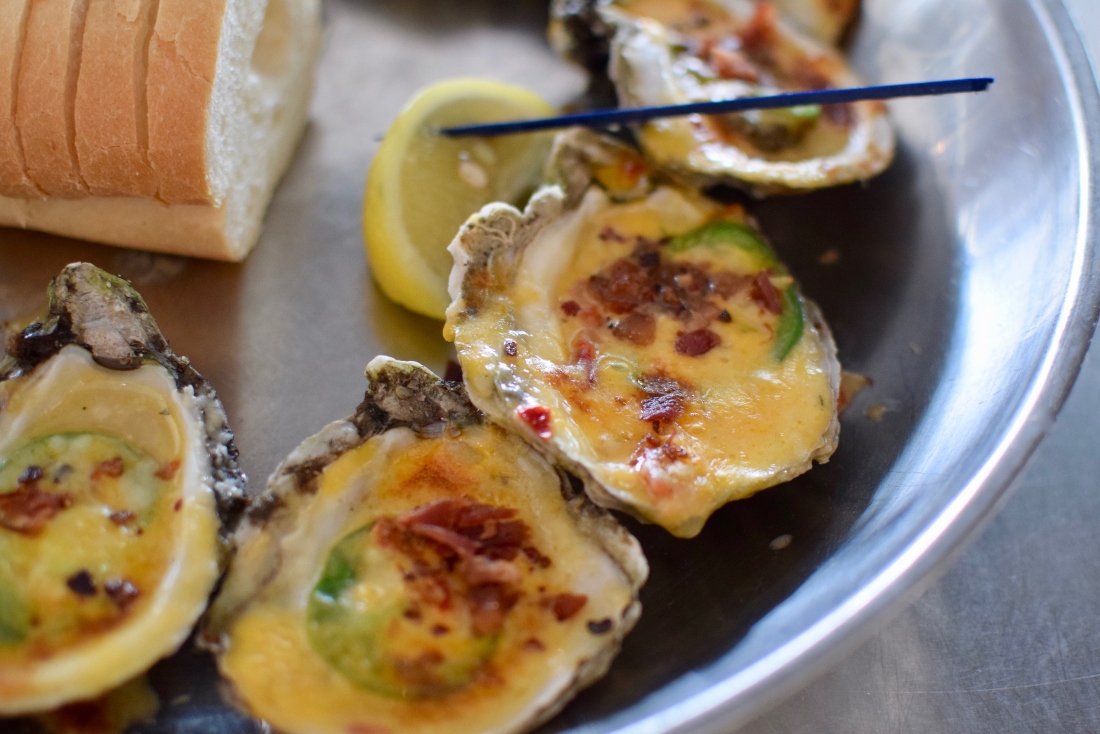
That’s a lot of love Shunk Gulley provides for our local environments. Barnes added, “The people of this community always seem to rally together when we’re faced with challenges, and that’s rare. It’s really special and I couldn’t be prouder to be a part of it. We’re always looking for opportunities to get involved and help.”
Make your way to Shunk Gulley for fresh local dishes, stellar service, and jaw-dropping views, and know you are supporting a business that cares about its community. The plaques and photos on the walls document a slice of what they do. And before you go, decorate an oyster shell through the Offer Your Shell to Enhance Restoration (OYSTER) initiative. “We take cleaned oyster shells and offer them to our guests and visitors to decorate for a $5 donation. The donations go directly to the CBA, and the decorated shells become a part of an artificial reef in our area,” said Kendra Marasa, Marketing, and Special Events Manager.
Leave your mark, literally, on the 30A area at Shunk Gulley.

